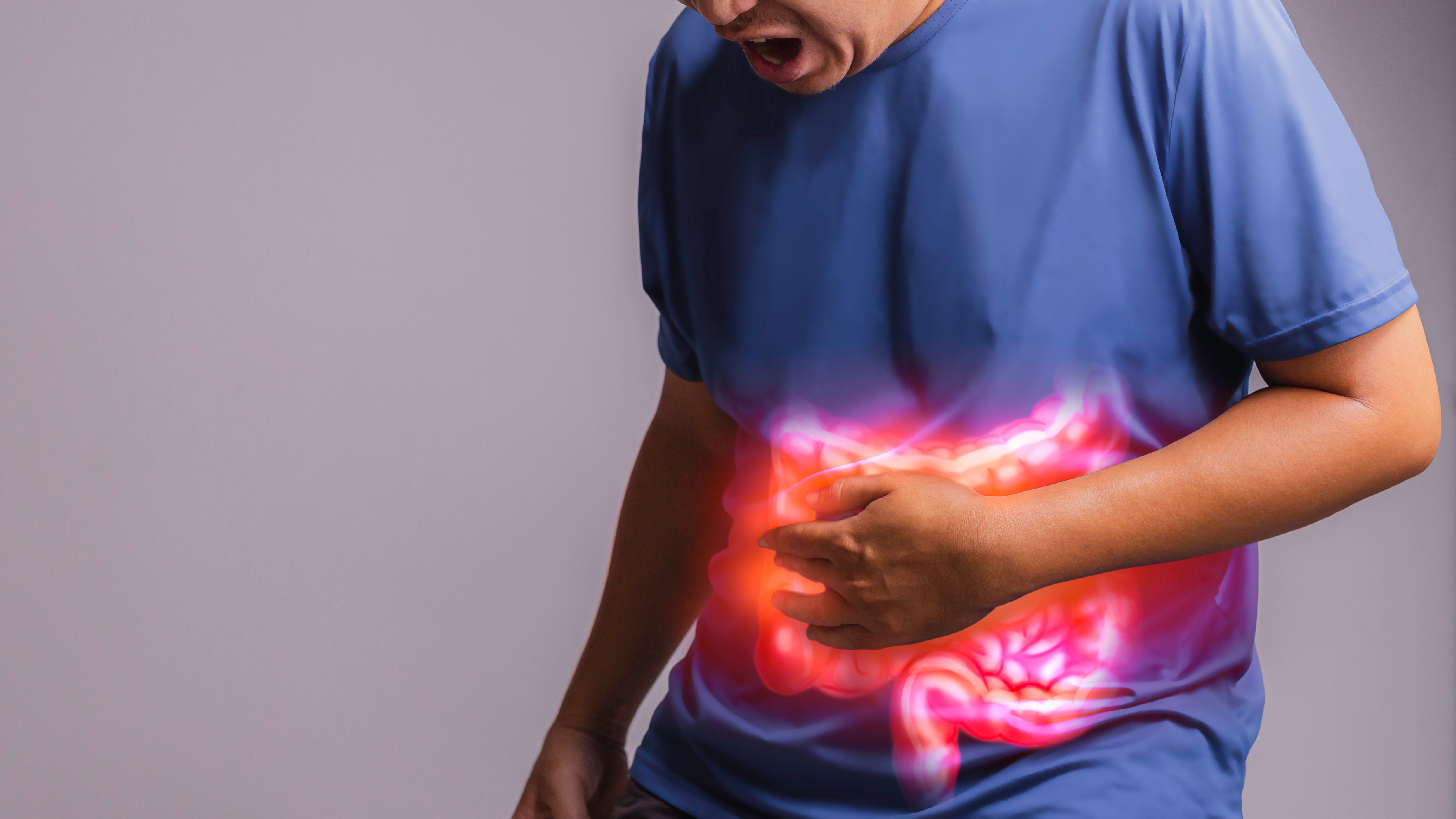Having painful bowel movements, be it from constipation, inflammation, or another disorder of the colon, can certainly add significant stress to everyday life. In a new study conducted at Harvard Medical School, scientists identified a substance, neuropilin 2 (NRP2), as a regulator of colonic smooth muscle motility. It controls cytoskeletal tone and restrains abnormal smooth muscle contraction. These properties may be amenable to interventions which inhibit or activate colonic smooth muscle activity in patients with colonic motility disorders.
Colonic motility disorders interfere with the normal rhythmic, coordinated muscle contractions in the large intestine; the waves move food and bowel contents in the direction of elimination. Motility disorders of the colon occur in both adults and children. The conditions associated with constipation and diarrhea have a particularly detrimental impact on quality of life. Alterations in colonic motility can result from a variety of conditions, including congenital anomalies such as Hirschsprung disease, diabetes, inflammation, infection, gut dysbiosis, and nerve damage secondary to spinal injury.
“Normal visceral smooth muscle activity is central to the function of many body systems, including the gastrointestinal and urinary tracts, but it is much less studied than vascular smooth muscle,” explains team leader Maryrose P. Sullivan, of the Department of Surgery at Harvard Medical School, in a statement. “Earlier studies by our group that showed robust expression of NRP2 in smooth muscle of the colon prompted us to understand its functional significance in contraction and colonic motility.”
There was extensive NRP2 activity in the colon near the site of elimination, particularly in circular and longitudinal smooth muscles in mice, as in humans. Thus, mice were used to study the effect of NRP2 deletion on colon contractility. Their findings showed increased evoked contraction in colonic tissues in mice with global or smooth muscle-specific deletion of NRP2.
“We were intrigued by the emergence of functional changes as early as a week after deletion of NRP2,” says Rosalyn M. Adam, also of the school’s Department of Surgery. “The relatively rapid detection of differences in contractile behavior of colonic muscle argues against major structural changes to the tissue, but rather suggests changes in cellular signaling. Delineating the signaling networks regulated by NRP2 in smooth muscle is a major focus of our ongoing research.”
“Although studies in patients are many years away, ongoing studies in our group are focused on development of small molecule inhibitors designed to inhibit Nrp2. These efforts may provide opportunities in the future to inhibit signaling via Nrp2 and regulate smooth muscle activity in patients. This is particularly relevant for diseases in which visceral smooth muscle is impaired, since effective pharmacotherapy for these conditions is not currently available,” Sullivan and Adam note, in a statement.
The research is published in The American Journal of Pathology.

this guy knows his shit